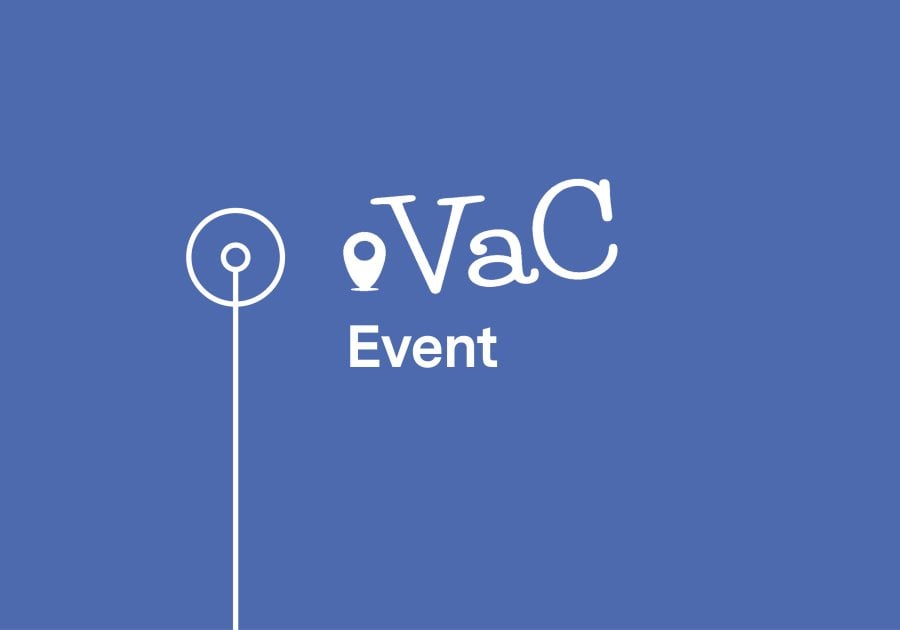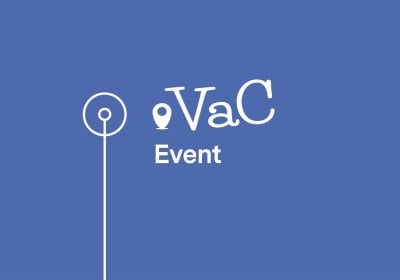Using zoonotic malaria parasites to unlock a vaccine against P. vivax malaria

Whilst Plasmodium falciparum is the most significant cause of malaria deaths globally, Plasmodium vivax is also widespread, causing around 14 million P. vivax malaria cases each year which can result in severe disease and death. Critically, unlike P. falciparum, P. vivax can cause latent infections which are difficult to treat, and which can lead to relapses long after the initial infection. The development of a vaccine against P. vivax will be vital for its successful control, but work has been hampered by the inability to grow P. vivax in culture - impeding efforts to identify candidate antigens and development of assays to predict vaccine efficacy.
The team working with Dr Rob Moon have pioneered the laboratory culture of a closely-related zoonotic malaria parasite known as Plasmodium knowlesi. Both P. knowlesi and P. vivax rely on a parasite protein known as the Duffy binding protein (DBP) to bind to and invade human erythrocytes and antibodies that block these interactions are lead vaccine candidates. Using cutting edge genome-editing approaches the researchers have not only been able to use P. knowlesi to gain a better understanding of the complex invasion process, but have also developed in vitro tools for rapidly assessing and optimising candidate vaccines against P. vivax. Working with the MultiViVax and OptiViVax EU consortiums on the first Phase II trial of a P. vivax blood-stage led by the Draper Group (Oxford), they have been able to develop scalable assays that provide vital in vitro correlates of protection. This is enabling the research teams to determine which antibodies produce strain transcending effects, as well as precisely which epitopes are producing the most effective protective responses – paving the way for the exciting new prospect of rationale vaccine design for malaria.
Speaker
Dr Rob Moon, LSHTM
Event notices
- Please note that you can join this event in person or you can join the session remotely
- Please note that the recording link will be listed on this page when available
Admission
Contact



